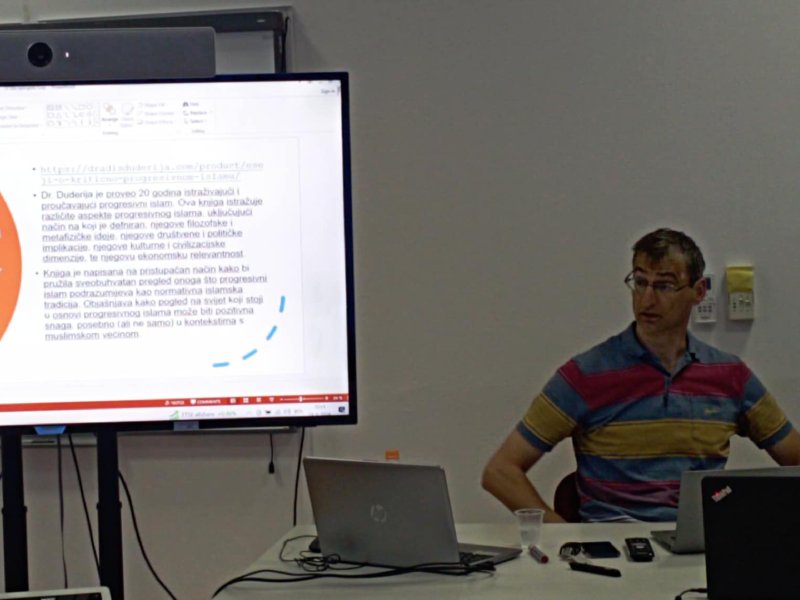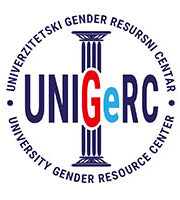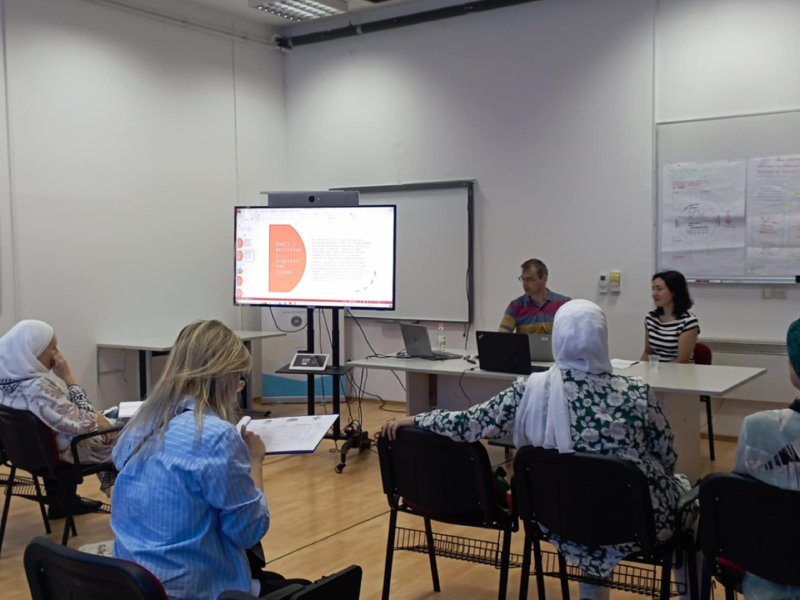On June 24, 2024, the Center for Interdisciplinary Studies at the University of Sarajevo hosted an intriguing lecture by Professor Adis Đuderija. The lecture, titled “Gender and Religion: Agency of Muslim Women in Secular Contexts,” focused on the complex experiences of Muslim women living in secular societies. Professor Đuderija, a distinguished expert in Islamic studies, presented insights from his book “Essays on Critical and Progressive Islam”. The book offers an accessible overview of progressive Islam as a normative Islamic tradition and emphasizes its potential as a positive force, especially in contexts with a Muslim majority.
During the presentation, Professor Đuderija highlighted several key points. The book is written to provide a comprehensive overview of what progressive Islam entails, with the aim of demystifying and explaining its fundamental principles. By making complex concepts accessible, the book aims to educate a broader audience on the nuances and implications of progressive Islamic thought.
Đuderija explained how the worldview underpinning progressive Islam can be a constructive force, particularly in contexts where Muslims are the majority. This perspective advocates for a more inclusive and dynamic interpretation of Islamic teachings, which can contribute to social cohesion and development. Adopting critical traditionalism/progressive Islam by Muslim scholars and preachers can play a significant role in countering Islamophobia. By promoting a nuanced and progressive understanding of Islam, these scholars can challenge stereotypes and misconceptions, fostering greater understanding and tolerance.
Critical-progressive Muslim thought is considered a contemporary version of Sufi ethical-moral philosophy. This connection underscores the continuity and evolution of ethical and moral frameworks within Islamic traditions, adapting ancient wisdom to contemporary challenges. Progressive Islam provides key ideas to help Muslim-majority countries achieve the Sustainable Development Goals for 2030. This approach aligns Islamic principles with global development objectives, promoting sustainable practices and social justice.

Embracing Islam as a dynamic civilizational project is central to the critical-progressive Muslim worldview. This perspective sees Islam not just as a religion, but as a comprehensive framework for cultural and civilizational renewal, emphasizing adaptability and progress. Professor Đuderija explained how progressive Islam views revelation as a dynamic and ongoing process, which can inspire contemporary ethical and moral decisions.
The lecture was well-received by attendees, sparking a lively discussion on the role of Muslim women in secular societies and the broader implications of progressive Islamic thought. Professor Đuderija’s work continues to contribute significantly to contemporary Islamic scholarship, offering new perspectives and fostering dialogue on critical issues.



